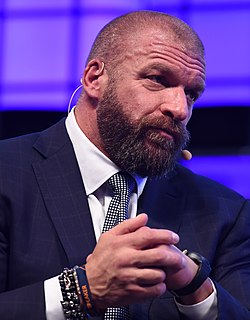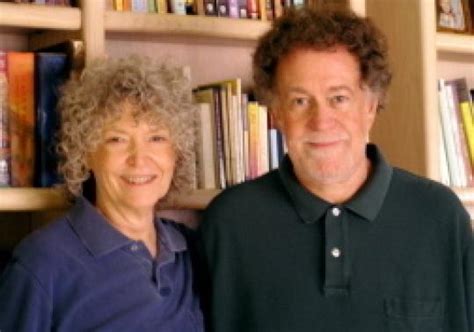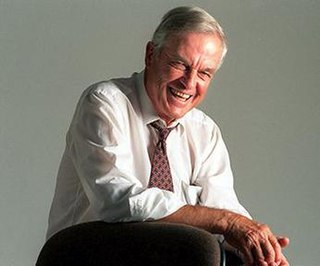A Quote by Katherine Paterson
Once a book is published, it no longer belongs to me. My creative task is done. The work now belongs to the creative mind of my readers. I had my turn to make of it what I would, now it is their turn.
Related Quotes
I have a passionate desire for personal privacy. I want to stand before the world, for good or bad, on the book I wrote, not on what I say in letters to friends, not on my husband and my home life, the way I dress, my likes and dislikes, et cetera. My book belongs to anyone who has the price, but nothing of me belongs to the public.
I believe that the creative impulse is natural in all human beings, and that it is particularly powerful in children unless it is suppressed. Consequently, one is behaving normally and instinctively and healthily when one is creating - literature, art, music, or whatever. An excellent cook is also creative! I am disturbed that a natural human inclination [creative work] should, by some Freudian turn of phrase, be considered compulsive - perhaps even pathological. To me this is a complete misreading of the human enterprise. One should also enjoy one's work, and look forward to it daily.
I wrote 'Turn Your Radio On' in 1937, and it was published in 1938. At this time radio was relatively new to the rural people, especially gospel music programs. I had become alert to the necessity of creating song titles, themes, and plots, and frequently people would call me and say, 'Turn your radio on, Albert, they're singing one of your songs on such-and-such a station.' It finally dawned on me to use their quote, 'Turn your radio on,' as a theme for a religious originated song, and this was the beginning of 'Turn Your Radio On' as we know it.



































